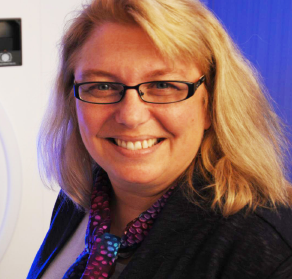Psychology has made some impressive gains in gender parity in recent years. In the United States, women comprise the vast majority of undergraduate students in psychology classrooms, and women earn 71% of psychology PhDs.
But these gains don’t tell the entire story. To fill in the gaps, a group of nearly 60 women faculty members in psychology, neuroscience and related fields decided they would review the empirical data and tell the full tale, The Future of Women in Psychological Science.
Deanna Barch, chair of psychological and brain sciences in Arts & Sciences at Washington University in St. Louis, was one of the authors on the international interdisciplinary research published Sept. 9 in the journal Perspectives on Psychological Science.

“I think awareness has grown immensely about these issues, and there are many more explicit attempts to address them,” said Barch, who is also the Gregory B. Couch Professor of Psychiatry and professor of radiology at Washington University School of Medicine.
“But there is still not enough awareness, and explicit awareness does not always counter implicit bias,” she said.
The 59 authors of the paper span different stages in their own academic careers, and they looked at the data to see how other women fare along different stages, as well. In addition to outnumbering men in undergraduate, graduate and doctoral programs, the literature indicates women in the early stages of their careers were more likely than men to receive assistant professorships and generally earn equal salaries — when women applied for such jobs.
Women also were as likely to secure grant funding — when they applied. And when it came to promotion and tenure, there also was no significant difference.